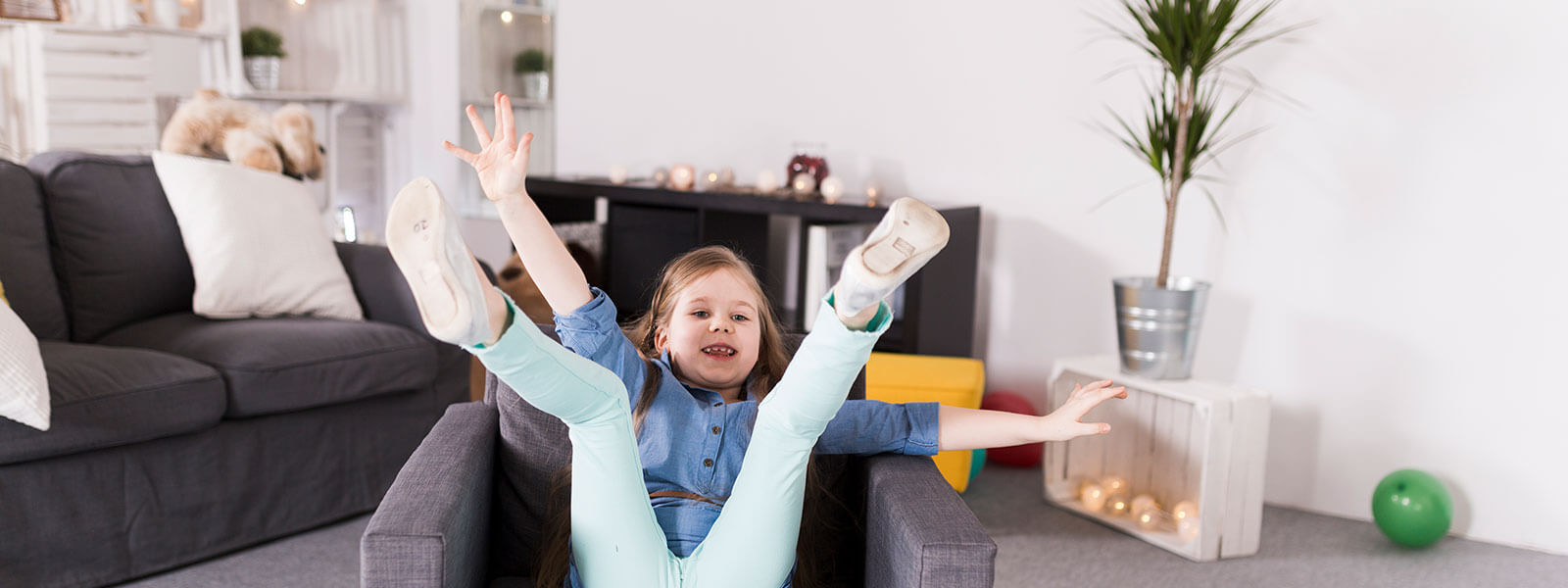ADHD Therapist
Brooklyn, New York
Living with ADHD can be challenging, but it doesn’t have to limit you or your child’s potential. At Interborough, we specialize in ADHD therapy for both children and adults, providing strategies and support tailored to each individual’s unique needs.
Our experienced therapists use a blend of traditional and innovative approaches to help manage symptoms, improve focus, and enhance overall well-being. We believe in empowering our clients, helping them turn ADHD into an asset rather than a hindrance. Our goal is to enable you or your child to thrive in all aspects of life, from academic and professional achievements to personal relationships and self-esteem.
How do I know if my child has ADHD?
It is normal for children to occasionally forget their homework, daydream during class, act without thinking, or get fidgety at the dinner table. But inattention, impulsivity, and hyperactivity are also signs of Attention-Deficit Hyperactivity Disorder (ADHD). ADHD can lead to problems at home and school and affect your child’s ability to learn and get along with others.
For a child to receive a diagnosis of ADHD, the symptoms of inattention and/or hyperactivity-impulsivity must be chronic or long-lasting, impair the child’s functioning, and cause a drop in normal development for his or her age. A clinician will also ensure that any ADHD symptoms are not due to another medical or psychiatric condition.
ADHD symptoms may appear as early as the age of three and can continue through adolescence and adulthood. Symptoms of ADHD can be mistaken for emotional or disciplinary problems or even missed entirely in quiet, well-behaved children, leading to a delay in diagnosis. Inattention and hyperactivity/impulsivity are the key behaviors of ADHD. Some children with ADHD only have problems with one of the behaviors, while others have both inattention and hyperactivity-impulsivity. Most children have the combined type of ADHD.
The two main symptoms of ADHD are inattention and hyperactivity/impulsivity. Inattention means that the child has trouble focusing, has difficulty keeping focus, or cannot remain organized.
ADHD symptoms include:
- Overlooking details, making careless mistakes in schoolwork or during other activities
- Problems sustaining attention in tasks or play, including conversations, lectures, or even when reading for a period of time
- Not listening when spoken to directly
- Not following instructions
- Failing to finish schoolwork, chores or other duties
- Starting tasks and then quickly losing focus, becoming easily sidetracked
- Having problems organizing tasks and activities
- Poor time management, and failing to meet deadlines
- Avoiding tasks that require sustained mental effort, such as homework, schoolwork, completing reports or reading for long periods of time
- Misplacing objects necessary for tasks or activities, such as school supplies, pencils, books or eyeglasses
- Becoming easily distracted by unrelated thoughts or stimuli
- Acting in a forgetful manner during daily activities, such as chores or errands
Hyperactivity/Impulsivity symptoms may include
- Fidgeting in their seats
- Leaving seats in situations when being seated is expected, such as in the classroom
- A feeling of being consistently restless
- The inability to quietly engage in games or hobbies
- Constantly being in motion or “on the go,” or act as if “driven by a motor”
- Non-stop talking
- Blurting out answers before questions have been completed
- Interrupting others in conversation

WHY IDCC?
- Breaking tasks into manageable pieces
- Simplifying and organizing certain aspects of life
- Limiting distractions (i.e. turning off the tv while doing work or eating)
- Encouraging exercise and allowing for more time outdoors
- Regulating sleep patterns, bedtime should be at the same time on a daily basis
- Encouraging out-loud thinking (i.e. having your child speak thoughts out loud)
- Parents can also set an example for children by showing them how to wait patiently
- Helping children learn skills for self-regulation and consequence recognition
My son has ADHD now what?
That being said, doctors have concluded that medication combined with behavior therapy is the optimal treatment of children with ADHD. While medication works on a neurological level to regulate the brain, behavior therapy addresses specific problem behaviors by teaching the child how to structure their time, establish predictability and routines, and increase positive outcomes.
Empower Your Child’s Emotional Journey
Consider our Child Mental Health Services for continued support. We specialize in addressing a range of mental health challenges, offering compassionate care and effective strategies for children and families.